In recent years, the entertainment landscape in the United States has undergone a dramatic transformation. With technological advancements and changing consumer preferences, entertainment has become more diverse, accessible, and engaging than ever before. This blog explores the factors contributing to the increasing trend of entertainment in the USA, its implications, and what the future may hold.
1. The Streaming Revolution
One of the most significant shifts in entertainment consumption is the rise of streaming services. Platforms like Netflix, Hulu, Amazon Prime Video, and Disney+ have revolutionized how Americans consume content. The convenience of watching movies and series on-demand, coupled with a vast library of options, has led to a decline in traditional cable TV subscriptions.
According to recent reports, streaming subscriptions have surged, with many households opting for multiple services to access their favorite content. This trend has also prompted traditional networks to develop their streaming platforms, ensuring they remain competitive in this rapidly evolving market.
2. Diverse Content for Diverse Audiences
As the entertainment industry evolves, so does its audience. The demand for diverse and inclusive content has grown, leading to a surge in stories that represent different cultures, backgrounds, and experiences. Films and series that highlight underrepresented voices are becoming more mainstream, reflecting a society that increasingly values diversity and inclusion.
From blockbuster films like Black Panther and Crazy Rich Asians to popular series like Pose and Never Have I Ever, there’s a noticeable shift towards storytelling that resonates with a broader audience. This trend not only enriches the entertainment landscape but also promotes understanding and empathy among viewers.
3. The Rise of Interactive Entertainment
The traditional forms of entertainment, such as movies and TV shows, are being complemented by interactive experiences. Video games have become a dominant form of entertainment in the USA, with an estimated 214 million gamers in the country. The rise of online multiplayer games and eSports has transformed gaming into a competitive and social experience, attracting millions of viewers and participants.
Moreover, virtual reality (VR) and augmented reality (AR) technologies are creating immersive experiences that blur the lines between reality and entertainment. From VR gaming to interactive concerts, these technologies are reshaping how we engage with entertainment.
4. Social Media and Influencer Culture
Social media platforms have become vital in shaping entertainment trends. Platforms like TikTok, Instagram, and YouTube allow creators to share content that can go viral overnight, influencing popular culture and trends. Influencers and content creators have emerged as significant figures in the entertainment industry, often bridging the gap between traditional media and digital platforms.
This democratization of content creation means that anyone with a smartphone can potentially reach millions of viewers. As a result, we see an influx of new voices and creative ideas that challenge traditional entertainment norms.
5. Live Events and Experiences
Despite the growth of digital entertainment, live events are also witnessing a resurgence. Concerts, festivals, theater performances, and sporting events are increasingly popular as audiences crave shared experiences. The pandemic may have put a temporary halt to these events, but they are now making a comeback with new safety measures in place.
As people seek out meaningful experiences, live entertainment offers a sense of community and connection that digital platforms cannot replicate. This trend reflects a broader societal desire for social interaction and engagement.
6. Future Trends to Watch
As we look ahead, several trends are poised to shape the future of entertainment in the USA:
- Personalized Content: With advances in AI and data analytics, entertainment platforms will continue to offer personalized recommendations, enhancing user experience and engagement.
- Hybrid Models: The blending of digital and physical experiences will become more prevalent, with events that incorporate AR and VR elements, offering audiences unique ways to engage.
- Sustainable Entertainment: As environmental concerns grow, there is likely to be a push towards sustainable practices in the entertainment industry, from eco-friendly production methods to digital content delivery.
Conclusion
The increasing trend of entertainment in the USA reflects a dynamic cultural landscape shaped by technological advancements, changing consumer preferences, and a growing demand for diverse and inclusive storytelling. As the industry continues to evolve, it will be exciting to see how these trends influence the way we create, consume, and engage with entertainment in the years to come. The future holds limitless possibilities, promising a richer, more varied entertainment experience for all.
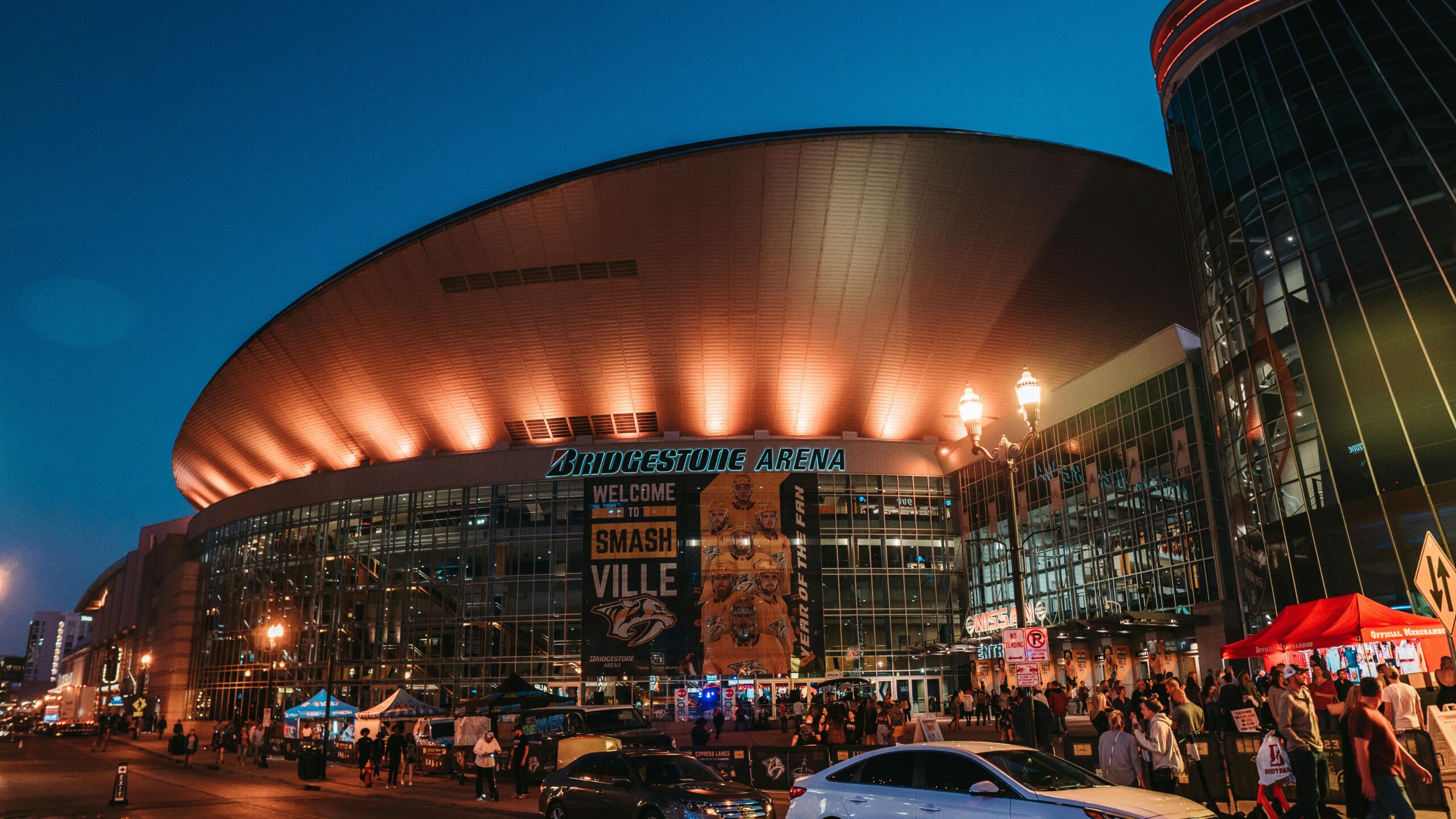
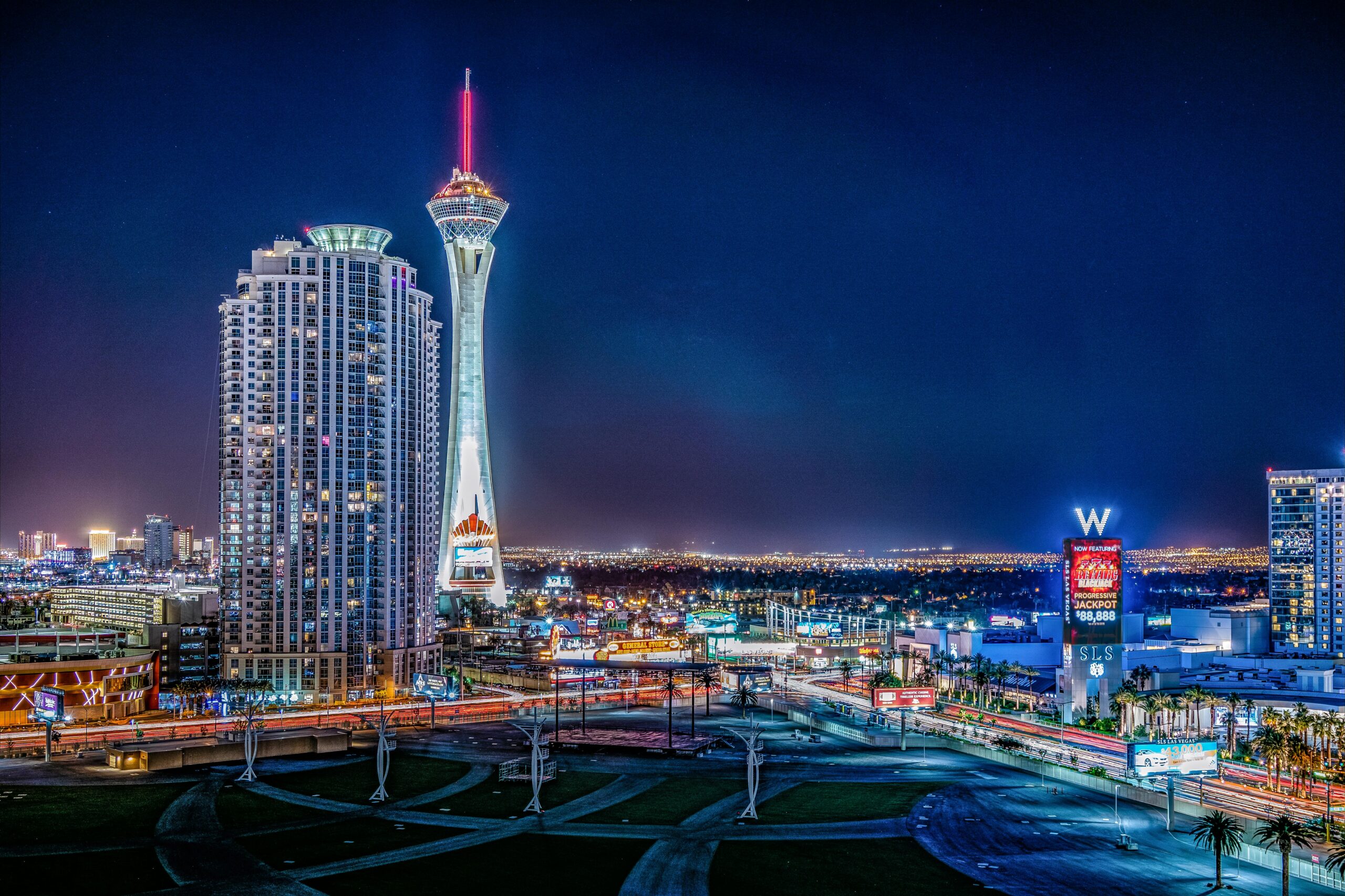
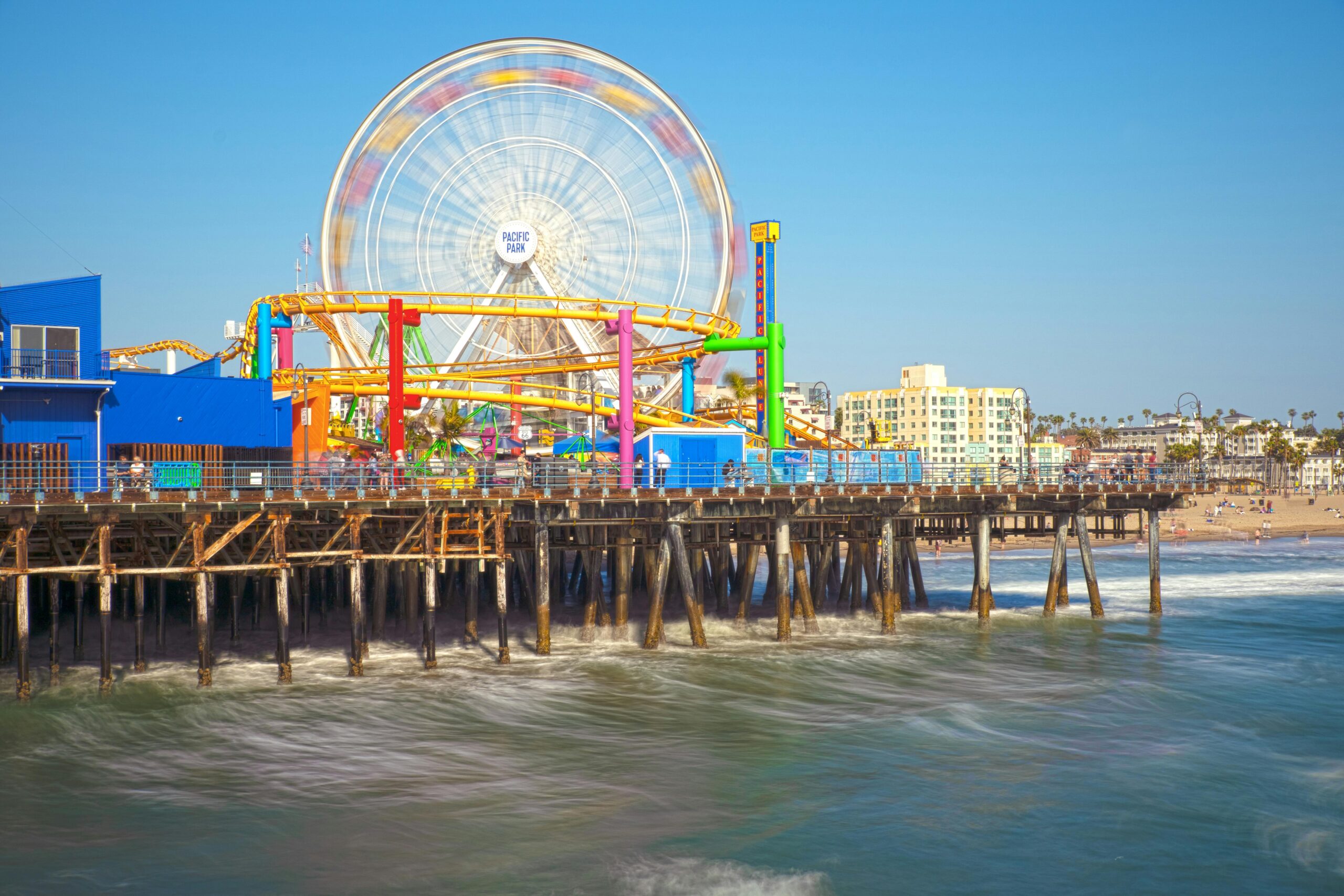
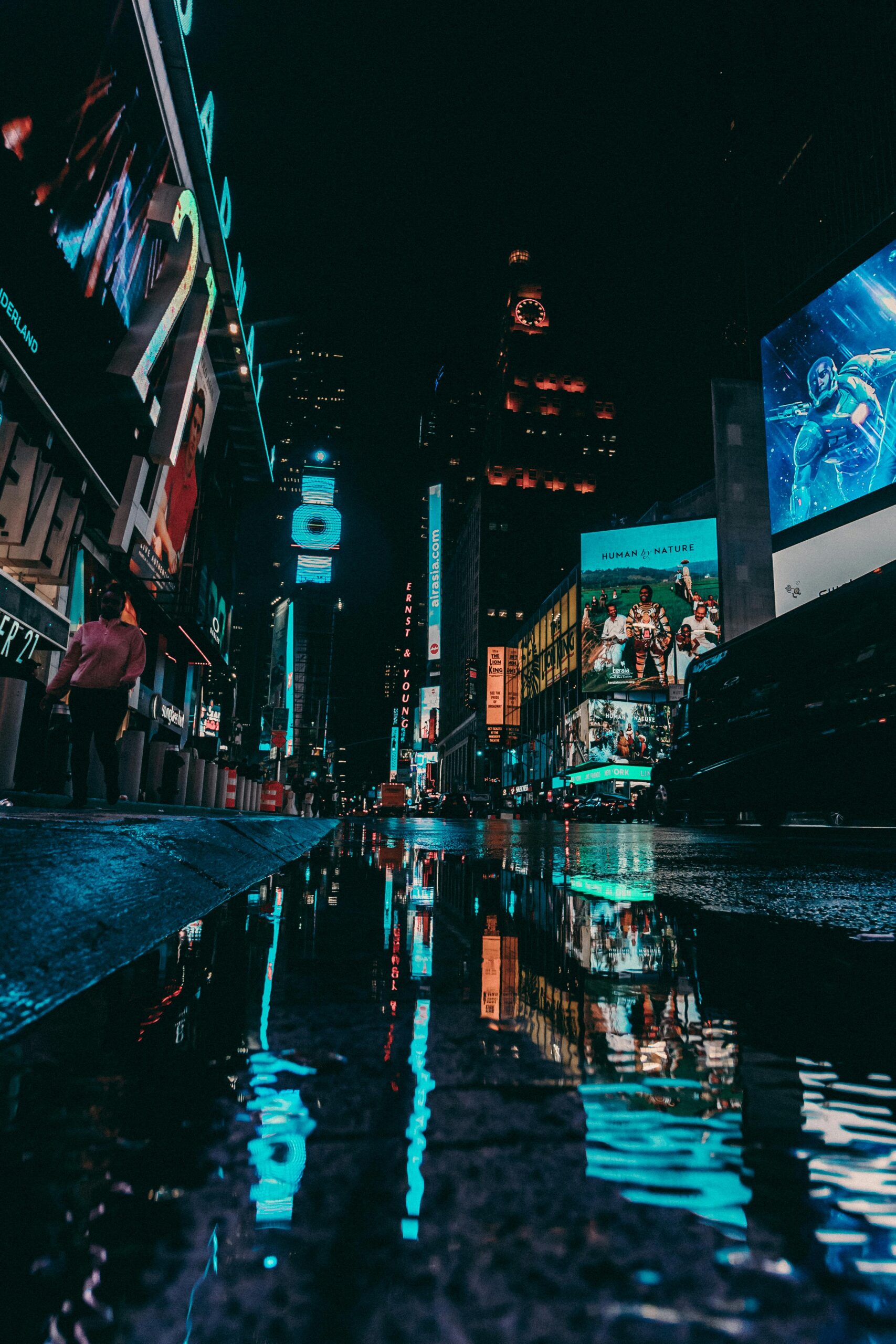




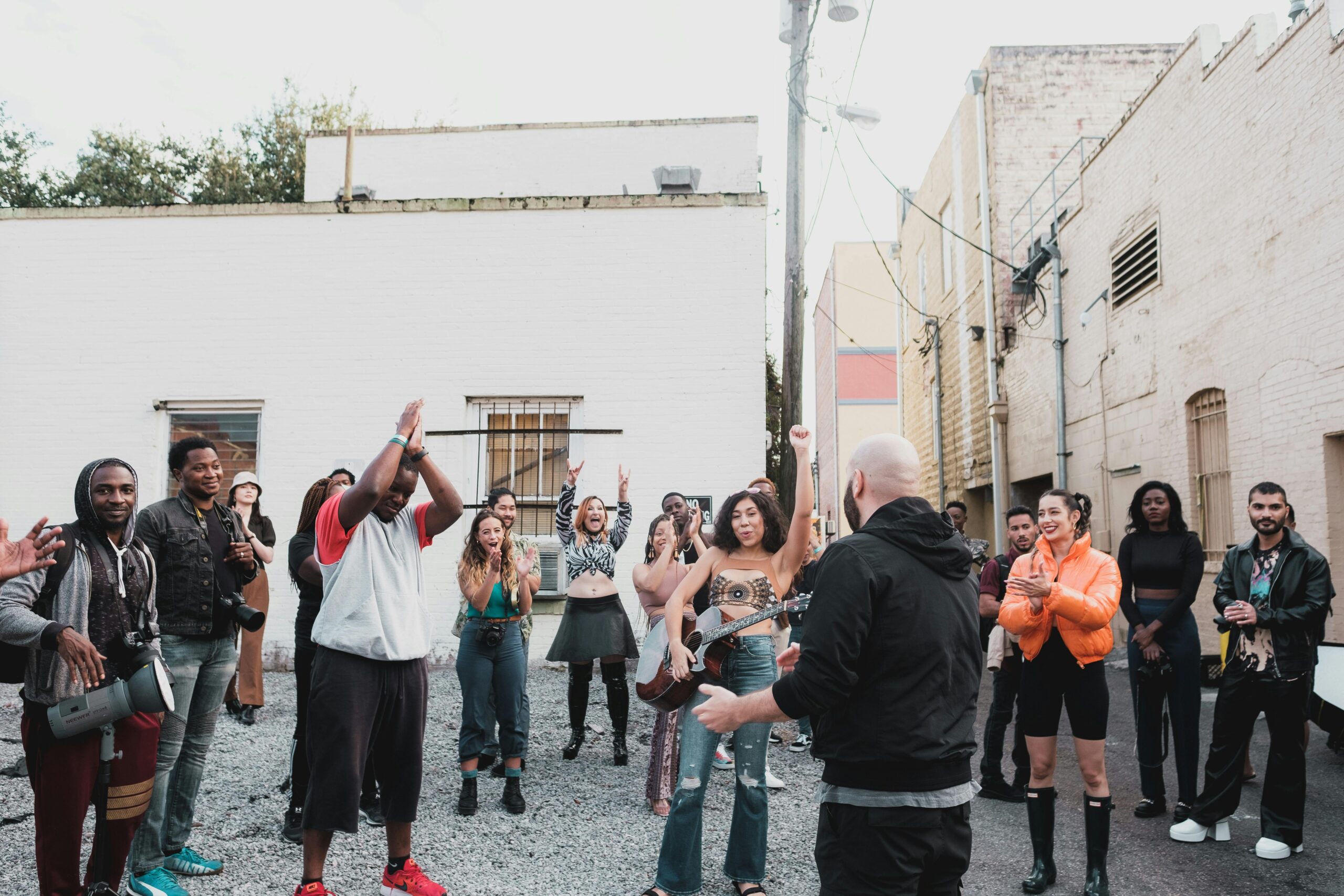
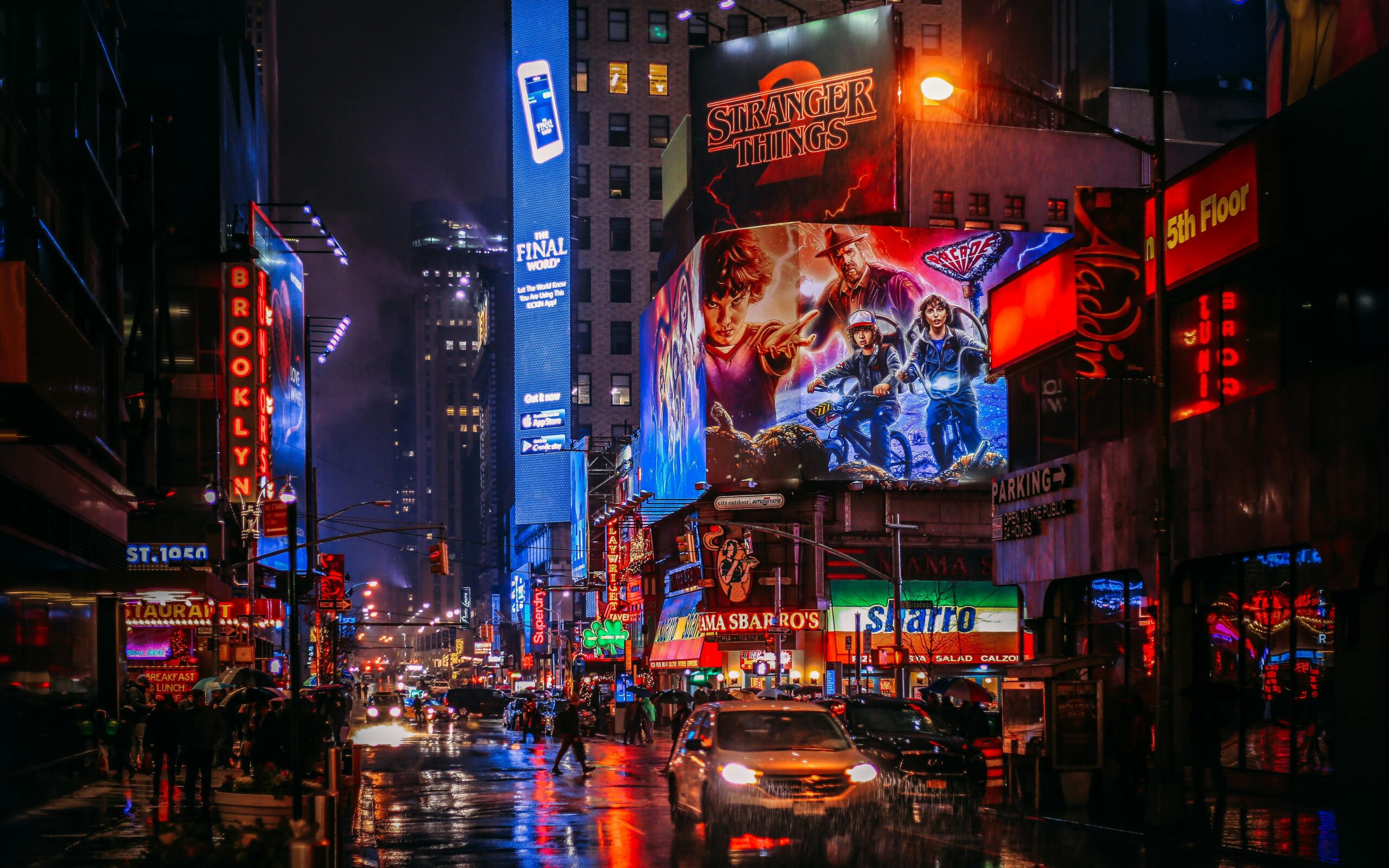
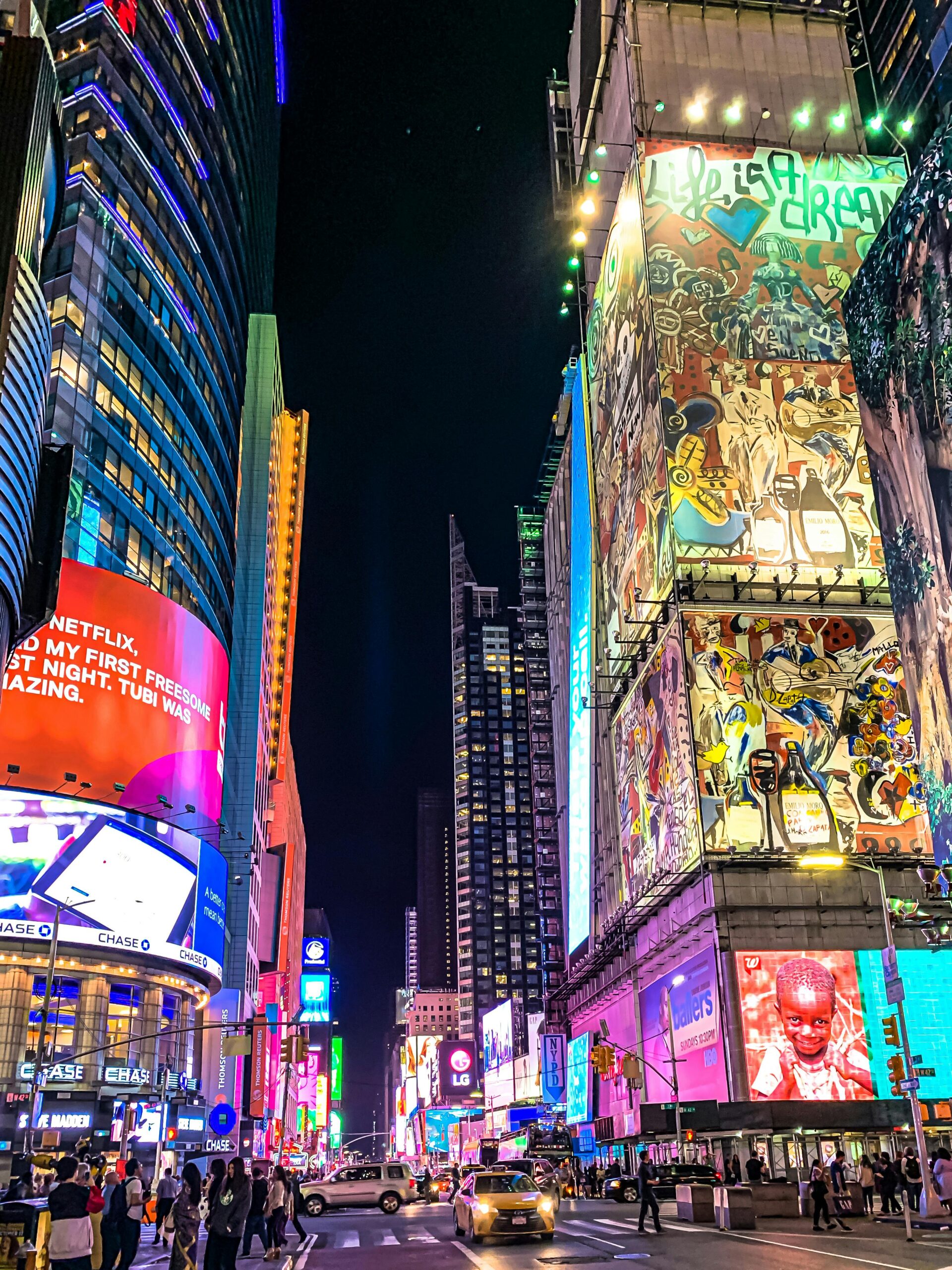



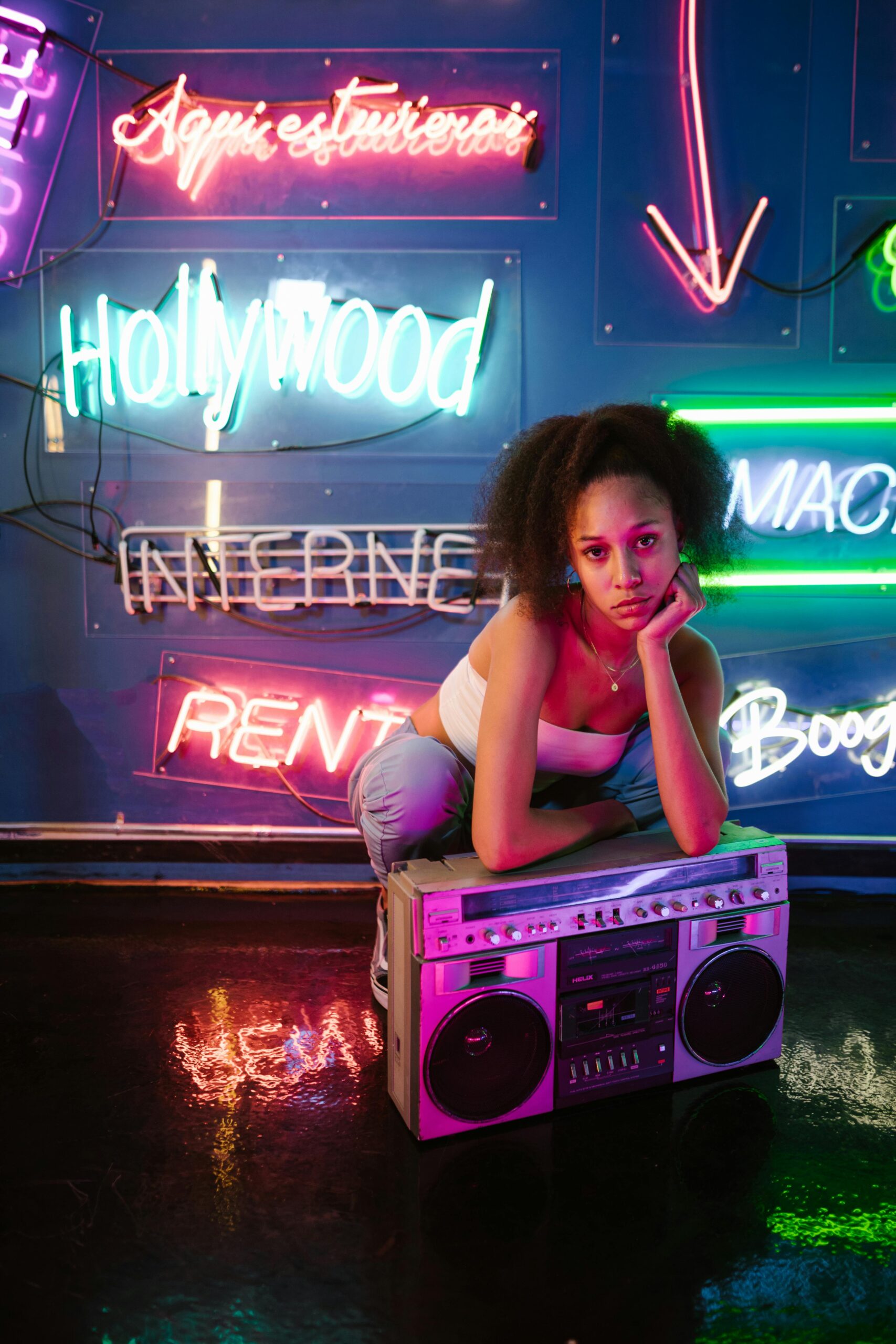
Leave a Reply